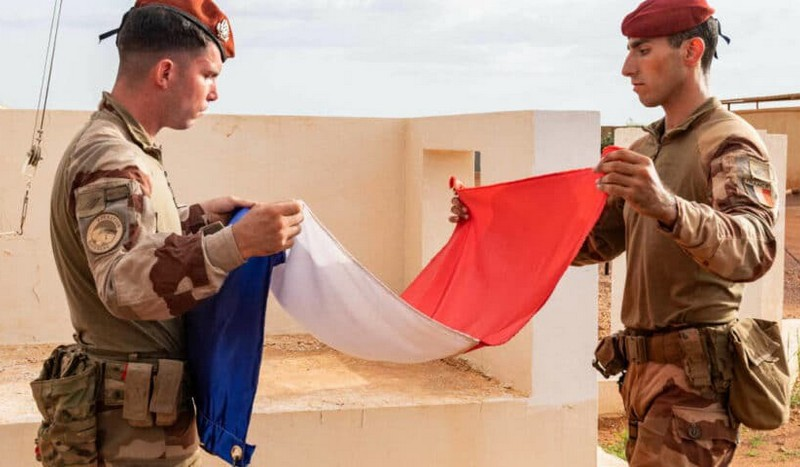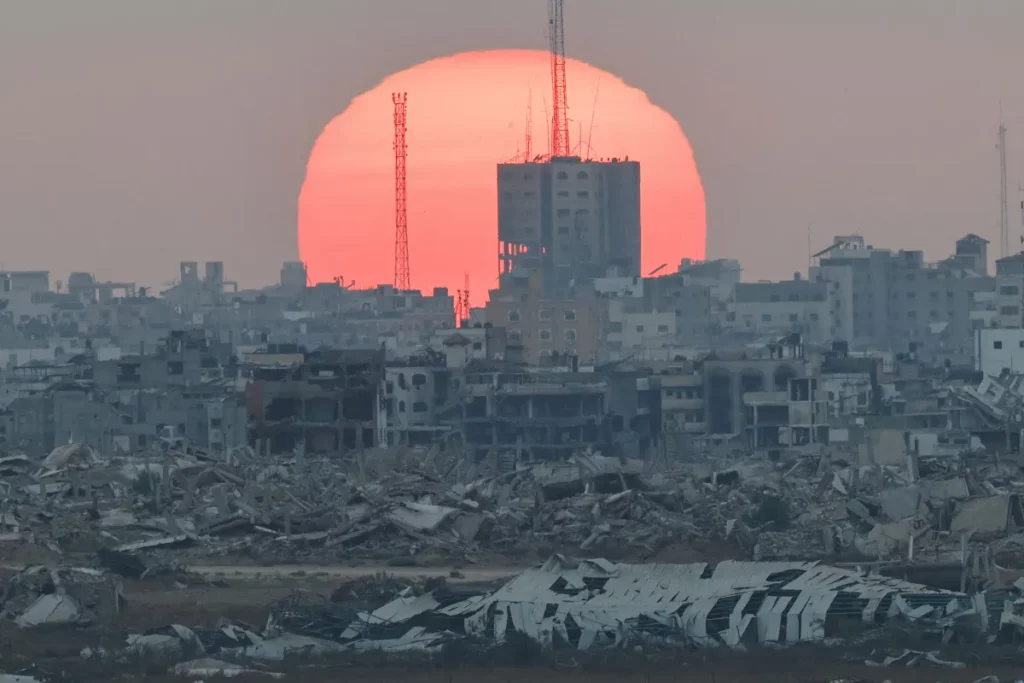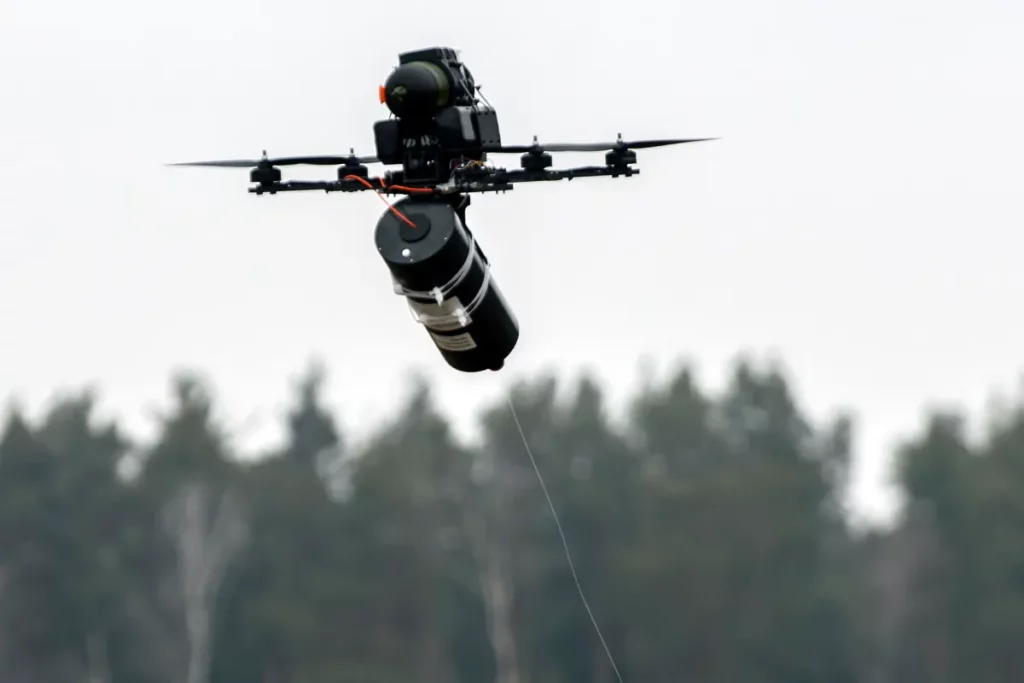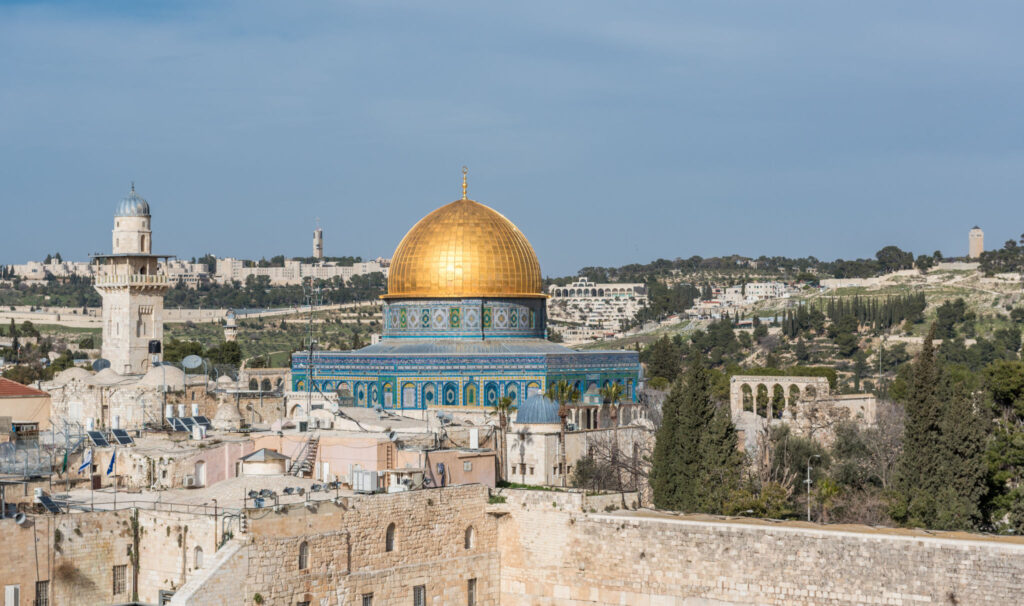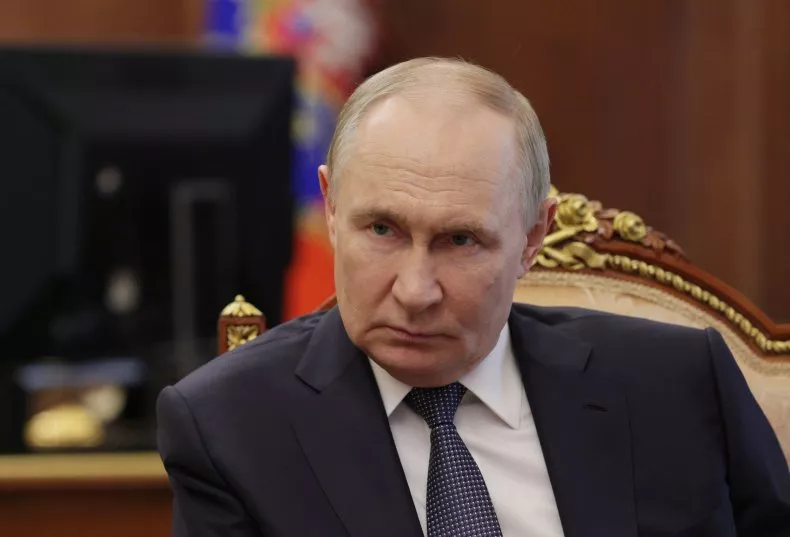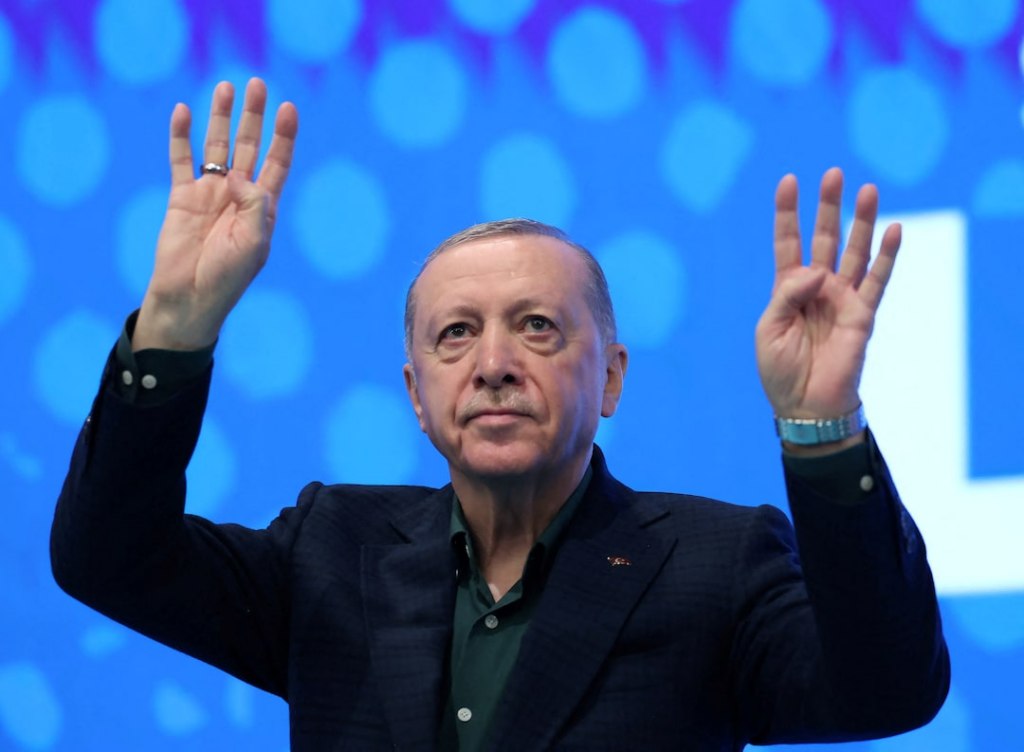Le réseau Gladio : les armées secrètes d’Europe
Créés par les États-Unis pour barrer la route au communisme en Europe, des groupes clandestins en vinrent à soutenir des intérêts fort peu démocratiques. Enquête.
L’organisation secrète «Stay behind», rebaptisée plus tard Gladio, le «glaive», a vu le jour en 1948 à l’initiative des États-Unis. Ses agents devaient être prêts à effectuer des missions d’espionnage et à commettre des actes de sabotage en cas d’offensive soviétique. Celle-ci n’ayant finalement pas lieu, ce sont les intérêts politiques des gouvernements de droite voire de groupes d’extrême droite que Gladio s’attache à défendre. Des contacts existent avec les différents services secrets nationaux, à l’abri de tout contrôle parlementaire. C’est le Shape (commandement militaire de l’OTAN en Europe) qui assure la coordination.


